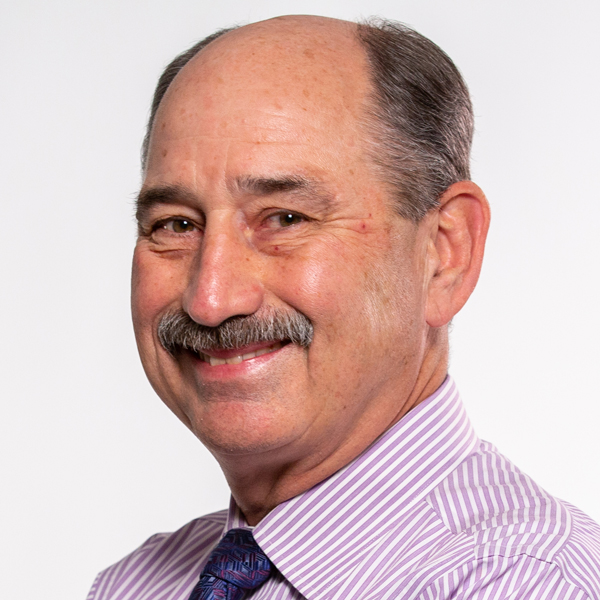Eradicating Hunger: We Each Play a Critical Role
PRESIDENT'S MESSAGE
We’ve seen the headlines and read the statistics.
Almost 690 million people, or 8.9% of the global population, were undernourished prior to the COVID-19 pandemic. Preliminary projections suggest the pandemic may have added an additional 83 million to 132 million people to the number of undernourished people worldwide in 2020.
More than two billion people do not have regular access to safe, nutritious, and sufficient food. While this is predominantly an issue in low- and middle-income countries, it also impacts high-income countries, including 8% of the population in North America and Europe.
We produce enough food in the world to feed the entire global population, yet more than 1.5 billion people cannot afford a diet that meets the required levels of essential nutrients and more than three billion people cannot even afford the most economical healthy diet.
While the situation is indeed dire, it is, unfortunately, not new. The world has been battling the chronic challenges of hunger, food insecurity, and malnutrition for decades. Yet here we are. Five years after the United Nations (UN) committed to end hunger and ensure year-round access to safe, nutritious, and sufficient food by 2030, the world is not on track to meet the goal of zero hunger. In fact, we’re heading in the opposite direction. Projections suggest the number of people affected by hunger could surpass 840 million by 2030 if we don’t reverse current trends.
So the question is: if zero hunger is the goal, how will we get there?
The UN has been convening key players from the worlds of science, business, policy, health care, and academia, as well as farmers, indigenous people, youth organizations, consumer groups, environmental activists, and other key stakeholders for a Food Systems Summit in an effort to address this very question. With action tracks focused on ensuring access to safe and nutritious food for all, shifting to sustainable consumption patterns, boosting nature-positive production, advancing equitable livelihoods, and building resilience to vulnerabilities, shocks, and stress, the Summit aims to deliver progress on all 17 of the UN Sustainable Development Goals (SDGs), of which zero hunger is a crucial part.
As a global science of food community, IFT has the unique opportunity to elevate and address this global challenge as well. This July, the scientific program at IFT’s FIRST virtual event will delve into the question of Zero Hunger: Will we get there? We will be bringing together experts from industry and academia, along with global partners and thought leaders to discuss novel research, share knowledge and insights, and challenge one another to think big and bold about how we can change the trajectory of this seemingly insurmountable challenge. Registration will be opening soon, and I sincerely hope to see you online at this poignant, reimagined virtual event this summer.
During a recent IFTNEXT podcast about understanding and addressing global hunger (which you can listen to at ift.org/podcasts), Dr. Barbara Burlingame, a professor of nutrition and food systems at Massey University’s College of Health in New Zealand and member of the steering committee for the High Level Panel of Experts on food security and nutrition, talked about how interconnectedness is key to addressing this issue. She’s right. The scientific community can’t get there alone. Nor can the agriculture community, health community, or environmental community. Achieving zero hunger requires a multidimensional approach in which we work across sectors and disciplinary boundaries toward a harmonization of policy and transformation of the global food system. We each play a critical role.
There is a myriad of examples of tremendous challenges being addressed when people step out of their comfort zone and collaborate with people with different expertise and skill sets than their own. Take the COVID-19 vaccines, for example. The speed with which safe and effective vaccines have been developed was certainly the result of great science, but it would be useless without the cooperation of regulators, state and local government agencies, the transportation sector, the healthcare community, and others who play a role in distributing the vaccine to the public.
Let’s make achieving zero hunger the next great example.


